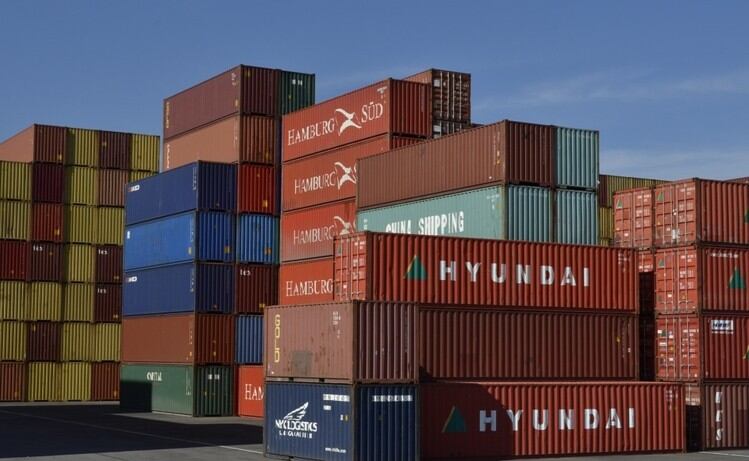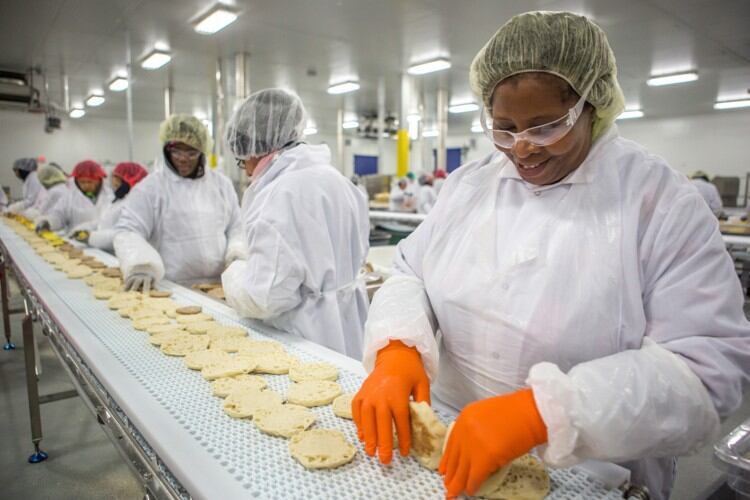This comes as members of the Unite union, who are workers at the port, voted overwhelmingly in favour of strike action in a dispute over pay. The workers recorded a 92% vote for industrial action on an 81% turnout.
According to the union the dispute is a result of the Felixstowe Dock and Railway Company offering a 5% pay increase to its workers. The union said this was effectively a pay cut, with the real rate of inflation currently standing at 11.9%.
Unite regional officer Miles Hubbard said: “Strike action at Felixstowe will inevitably create huge disruption across the UK’s supply chain.
“This dispute is of Felixstowe’s own making. Strike dates have yet to be announced but even at this late stage the dispute could be resolved by the company returning to negotiations and making a realistic offer.”
However, the knock-on impact of strike action and delays could add pressure to the supply chain of food and drink items, including machinery and animal feed.
Disrupt food supply
The Food & Drink Federation head of international trade Dominic Goudie said: “Felixstowe handles 50% of containerised trade entering the UK, so inevitably there will be some degree of impact on our members using that route. This could be made worse if other ports follow suit or if there is significant re-routing of trade that overwhelms other UK ports. We are in constant communication with our members who may be affected and will continue to offer our support and guidance.
“We are concerned about the risk of ships opting to bypass Felixstowe altogether during the strike and beyond if a backlog develops, with goods potentially being dropped off in EU ports such as Rotterdam instead. This would present logistical challenges and potentially significant added costs and bureaucracy to bring those goods to the UK.”
A spokesperson from the British Meat Processors Association raised concern about the impact: “The planned strike at the Port of Felixstowe in August has the potential to seriously disrupt food supply chains. It’s the second largest container port and the main link to the Port of Rotterdam. Many large container ships from the EU and other third countries use Felixstowe’s infrastructure.
“There could be a particular issue for supplies of grains and animal feed destined for the pig and poultry sector as Felixstowe is the most conveniently located port for a large proportion of producers. It will also not be practical to divert shipments to other ports which will either lack the infrastructure needed or will be experiencing capacity, traffic and logistical problems similar to those seen at Dover.”
One industry insider, who did not wish to be named, said this was 'not good news at all - on top of all the other supply chain pressures'.
“Vessels unable to load or unload have to be paid for waiting times and they (and the containers they carry and the lorries and drivers who move them onshore) will again miss schedules with knock-on effects. In short it's not like turning a switch off for 24 hours and then turning it back on again expecting everything to resume as normal.”
Movement of goods
Meanwhile, Andy Coussins, senior vice president and head of international sales at leading enterprise resource planning company Epicor said: “Food manufacturing, where the quick movement of goods is extremely important when dealing with any product that has a shelf life, will be particularly impacted by the crisis at Felixstowe.
“Food manufacturers may need to consider how the delays in shipments entering Felixstowe will affect product use-by dates. Reformulation may be worth taking into account in some circumstances if the ingredients are widely accessible across the supply chain. Alternatively, long term, searching for UK-based suppliers might be worth considering.”
A port spokesperson said: “The company made what we believe to be a very fair offer and we are disappointed with the result of the ballot. The union has agreed to our request to meet with ACAS next week and we hope that any industrial action can be avoided.”




